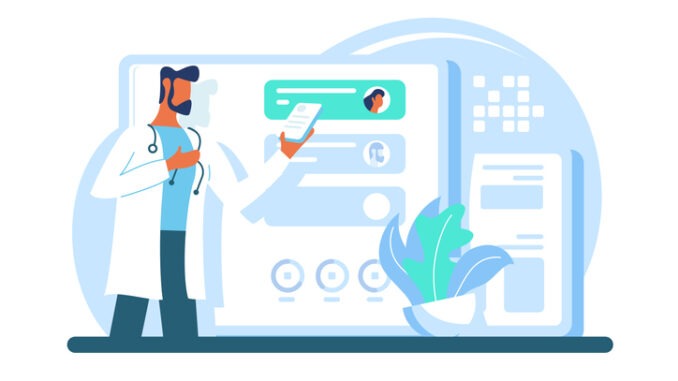
As patients now have greater access to their medical data, what steps do GPs need to take?
As set out in the NHS Long Term Plan, patients will receive access to online GP records in November 2022. The NHS has made the change to support its commitment to providing patients with digital access to their health records, but it means that GPs will have to consider the potential impact of each entry they make.
What changes are being made?
Changes to the GP IT framework means that patients will have access to their current and possibly their historical records, but they will not have access to any test results until they have been checked by a GP who will then make the decision on whether the test results can be shared with the patient.
Why are they making these changes?
According to the NHS Long Term Plan GPs are giving patients access to their online records in order to:
- increase their patients’ feelings of autonomy, understanding of their health and ability to self-care;
- support patients to prepare for appointments by acting as a written reminder or record of previous interactions;
- reduce the need for patients to contact general practice to get test results and referral notifications;
- increase data quality within patient records by enabling patients to flag if they think there are inaccuracies there.
So, what actions do GPs need to take to support this change?
Be mindful of what is shared – patients will be able to see the records that are posted via text, letters and documents, so GPs must be mindful of what they are writing. Sensitive information that could be distressing for the patient must be handled with care.
Adapting workflow – patients will see new information as soon as it is entered, or filed, onto their record in the clinical system, so sensitive information must be redacted before posting.
Know what the patient can see – this change will not give new access to historical health record information unless this is individually authorised by their GP practice. The only information they will be able to access is new information added after the change.
For further information, you can find the NHS GP Readiness Checklist here.
Safeguarding challenges
Whilst many patients will benefit from this access, for a minority, it could be potentially harmful. Vulnerable adults are particularly at risk as their record may contain information that is confidential and sensitive, which that patient should not see, or could be harmful if they cannot keep it secure. In this instance, redacting sensitive information is paramount for
patient safety and wellbeing.
Giving patients access to their online records can bring practices a number of benefits, from minimising GP contact time to collecting better data, but there are also many considerations that need to be kept in mind.


Be the first to comment